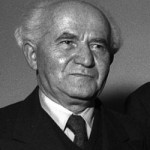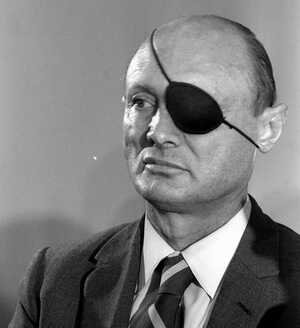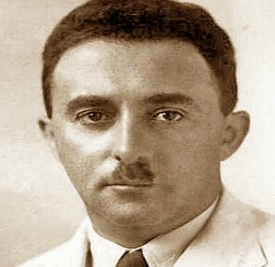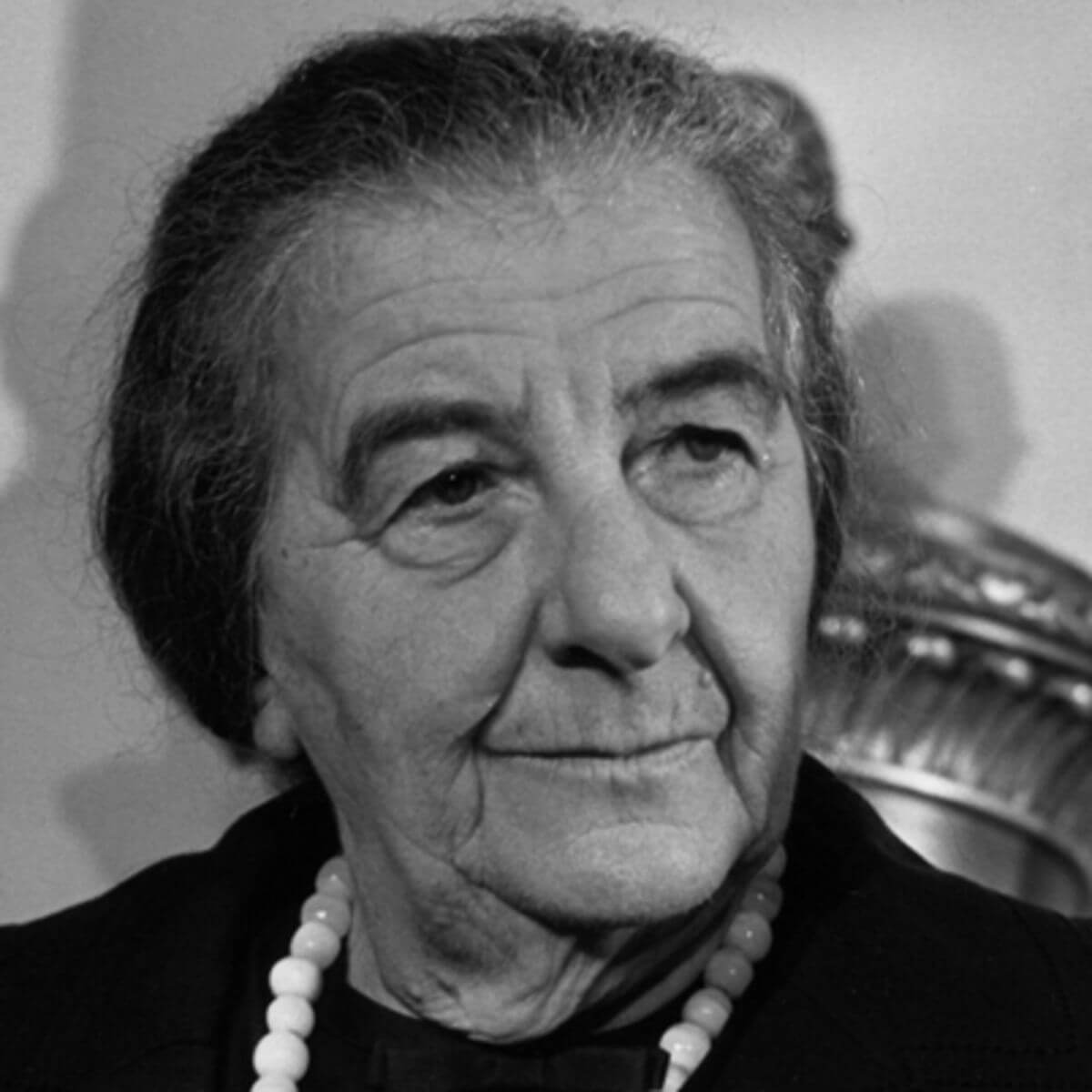On 6 September 1972, after the full details of the massacre in Munich were revealed, deep mourning engulfed the state of Israel.
At 9:00 a government meeting began in a very sombre atmosphere. After reports from Golda Meir, Allon and Eban, the discussion focused on three main points: a) should Israel’s part in the failure to secure the safety of the delegation to Munich be investigated; b) should a demand be made to stop the Olympic Games; c) in the light of the severe criticism directed at the failed German operation, what would the effect on Israeli-West German relations be? (Document 9).
The ministers made every effort to deny hints in Germany that the government’s refusal to discuss the release of terrorists was partly to blame for the failure. On responsibility for the safety of the delegation, Dayan declared that: “Although there were no tip-offs about Munich, we did recently, without doubt, have more serious tips than in the past, on groups of terrorists – with names and details – leaving for Europe with the intention of harming us, and these tips were far more serious than those we received in the past”. He proposed to re-examine all the standard security measures. However, other ministers said that that the failure to protect the delegation was apparently an error on Israel’s part as well, and that its responsibility should be investigated as quickly as possible, since the question “would, in any case, be asked in every home in Israel”. The prime minister asked them not to decide on appointing a commission of enquiry just yet. Such a decision would be an admission of neglect on Israel’s part. The statement released after the meeting said only that it had been decided to collect information about the security arrangements in Munich, both those made by the West German government and by the Israeli authorities.The traumatic event was also reflected in the ministers’ statements. Galili was greatly concerned about the first signs of the Palestinian terrorists’ readiness to commit suicide and, in what seem prophetic words, expressed the fear that “this event may serve the terrorists as the basis for a new national mythology”. Haim Bar-Lev proposed demanding that West Germany, and perhaps other countries, deport the Palestinians living there, a proposal opposed by several other ministers.
Much of the discussion was devoted to the effect on Israel’s relations with West Germany. The news of the murder of Jews on German soil and the rumours about the German police’s inept performance naturally raised comparisons with the Nazi period and gave rise to a growing tide of anti-German feeling among the general public. The leaders of West Germany were aware of this. During the morning a telegram was received from the German ambassador in Israel, which expressed Chancellor Willy Brandt’s regret and condolences. The prime minister sent a warm reply emphasizing her appreciation for Germany’s readiness to make every effort to free the hostages (Document 10 in German and English). At the meeting she reported that the German ambassador had proposed, without the knowledge of the authorities, that Chancellor Brandt himself participate in the funeral of the murdered athletes, but she had rejected the proposal outright.
However, the government was in a difficult political position. Its members appreciated the German government’s willingness not to give in to the terrorists. Moreover, for some time Golda had been working to strengtheng her ties with Chancellor Brandt. She saw him as a friend and supporter of Israel in present and future political strategies. For example, on 4 September, a day before the massacre, she wrote to Brandt urging him not to assist political initiatives in Europe that would harm the chances of progress on a peace settlement that had arisen after the expulsion of the Soviet military advisers from Egypt in July 1972. Israel used Brandt’s good relations with the Soviets as a channel for transmitting messages on the issue of Jewish immigration, and West Germany was very important in relations with the Common Market. In addition, general elections were about to take place there, and decision-makers in Israel had no interest in harming the chances of Brandt, the head of the Social Democratic Party, to be re-elected.

Chancellor Willy Brandt and President Richard Nixon, 1971 Photograph: Wikimedia
At the government meeting the prime minister, foreign minister and others spoke of their fears of a wave of anti-German feeling. Eban warned of the possibility “that instead of directing our rage against the Arabs, we’ll direct our rage against the Germans!” Minister Moshe Kol added: “I fear that the whole affair will be turned into a matter against Germany”. In its decisions, the cabinet expressed “its appreciation at the decision by the authorities of the Federal Republic of Germany to work for the release of the Israeli hostages, and to use force to do so”. Afterwards Golda and Eban continued their efforts. Golda sent a message to the general secretary of the Histadrut, the General Federation of Labour, before the meeting of its Council on 6 September, to which she added in her own handwriting a request “that the rage not be directed against Germany” (Document 11). The Foreign Ministry too directed Israeli representatives abroad to try to prevent criticism of Germany (Document 12). See also: Documents 13 and 14 (in German and English).




